Janet Samuel, Abuja
Gender stereotypes in the media have been extensively studied, revealing persistent challenges.
Research highlights how media representations influence gender beliefs and roles, despite positive shifts in attitudes towards gender equality, media often perpetuate stereotypical portrayals.
It is against this backdrop that Gender Strategy Advancement International ( GSAI) trained journalists on gender accountability and inclusive reporting.
The training which took place on Monday in Abuja, had 20 Reporters and Editors drawn from the television, radio, newspaper and online blog, was in collaboration with Mac Arthur Foundation and wole Soyinka Center for Investigative Journalism, to advocate for the elimination of gender stereotype In an effort to promote more women involvement in critical sector of the economy.
Speaking during her paper presentation titled; Media and gender: Ethics of Gender Reporting and demystifying negative gender identity, towards enhancing women political performance, the Vice Presiden, Zone D of National Association of Women Journalists (NAWOJ), Chizoba Ogbeche said women remain under-represented in elective and appointive positions notwithstanding the abundance of laws and policies that promote gender equity.
Mr Ogbeche listed some of the reasons why the situation has not improved from the country’s independence till date to include: patriarchy and systemic gender favoritism, sexist and patronage-based politics, gendered economic inequality/poverty, corruption, violence/intimidation, among others.
She urged the media to demystify negative gender identities and stereotypes surrounding Nigerian women through gender-sensitive reporting, to enhance their political participation and performance.
The Vice President mentioned some practical ways the media can promote gender equality to include selection of sources and stories, elimination of gender stereotype, coveragr of gender equality issues and the uses of gender-neutral language among others
“There is need for deliberate effort to ensure the inclusion of women, who are experts in their fields as news sources, particularly in areas traditionally dominated by men’s voices such as politics, economics, conflict, science and sports”.
Earlier in her opening remarks, the Executive Director, of GSAI, Adaora Onyechere Sydney -Jack noted that, the training became necessary in order to dig deep into accountability question surrounding women’s involvement in Nigeria economy, governance and politics among others .
She urged the government to prioritized gender mainstreaming in policies and programs, allocate resources for women-focused initiatives, and create an enabling environment that supports women’s empowerment.
Other speakers at the training include; Dr Amaechi Anakwe, a Political Economist, who spoke on the topic, Comparing Nigeria’s economic performance to other countries, Evaluating the rot in tbe system and the role of media in holding government accountable through sensitive reporting.
Felicia Dairo of CJID, spoke on the importance of non stereotype report, a key to national development while Francisca Ogar spoke on the role of community journalism and its place in evaluating the rot in the system.
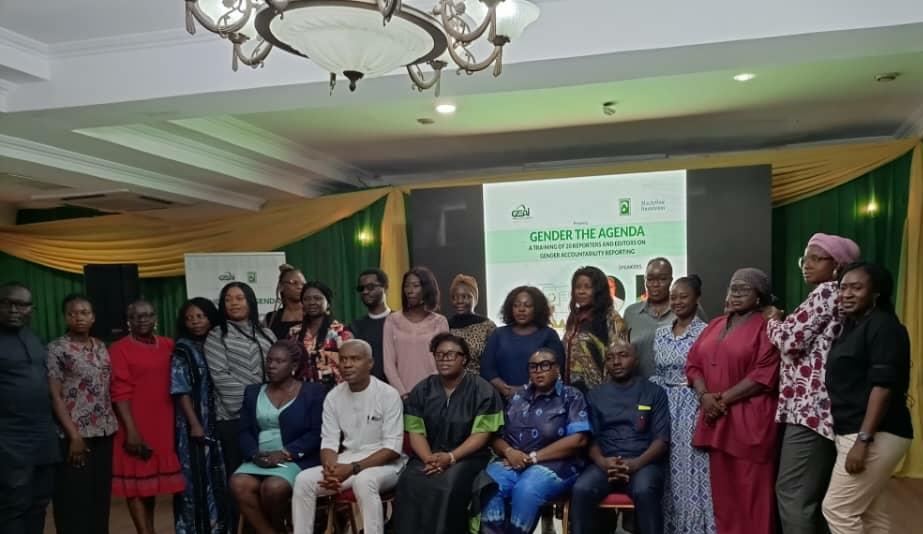
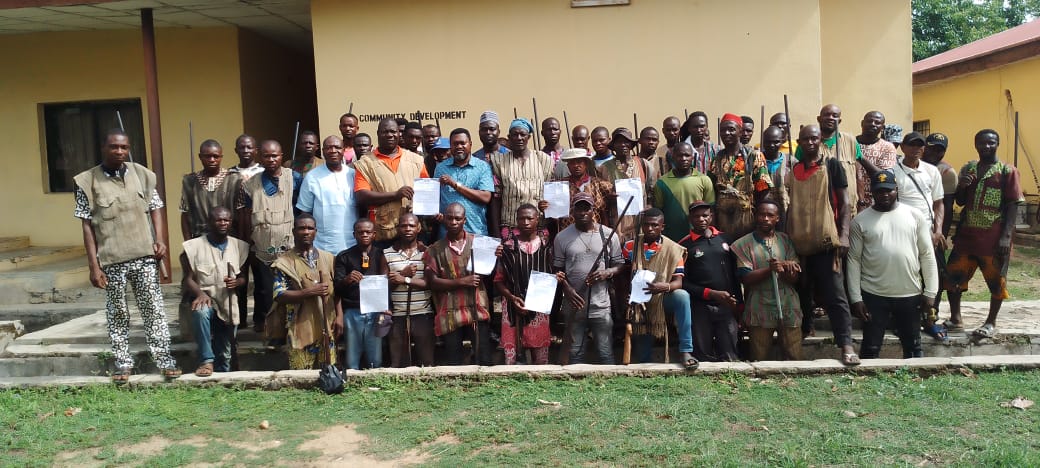
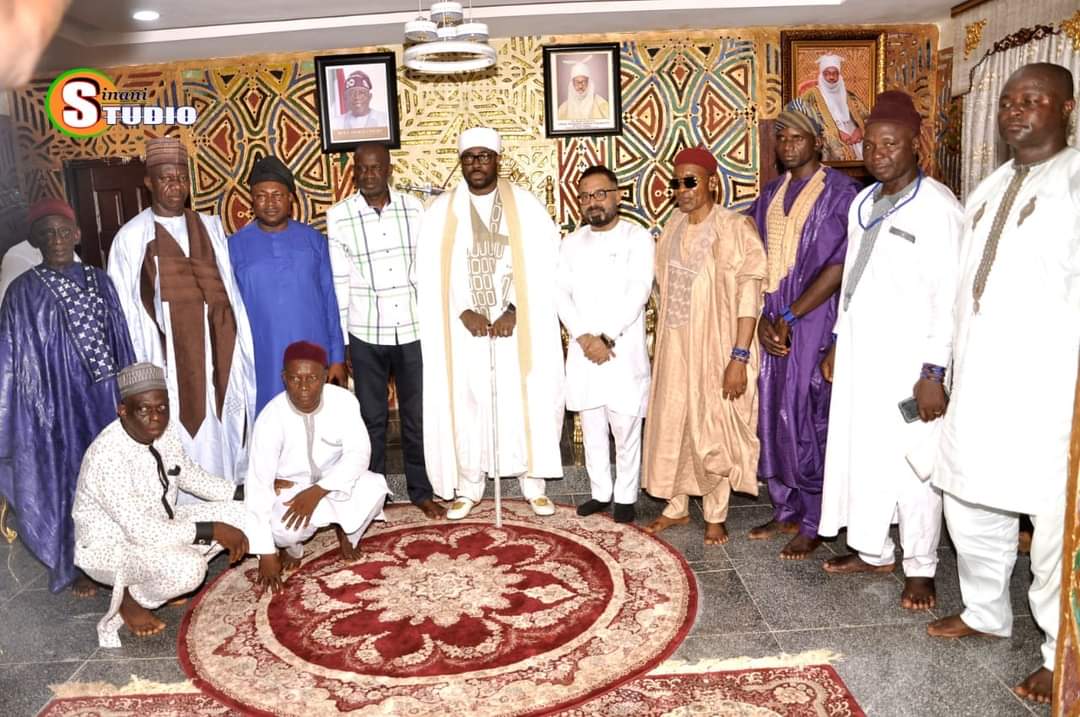
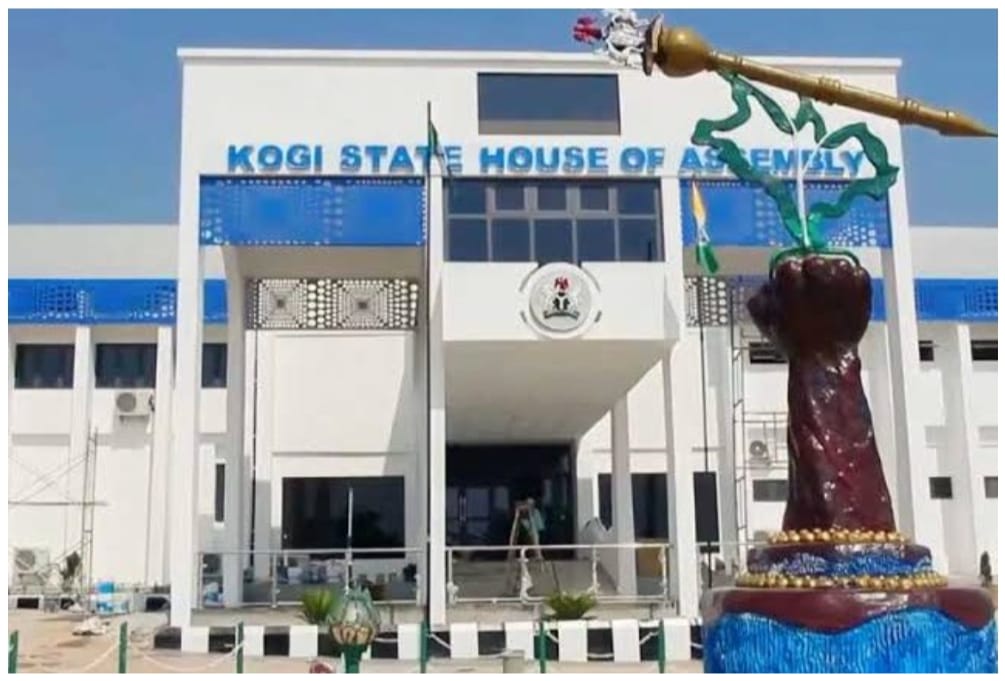
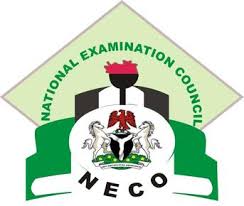
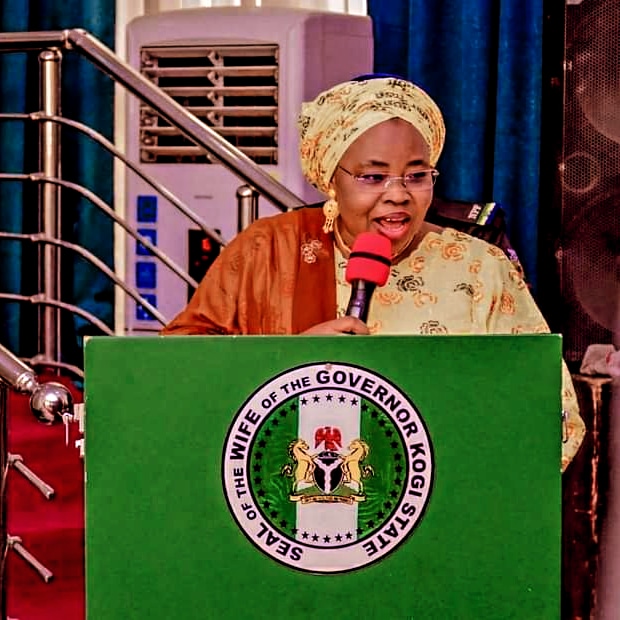
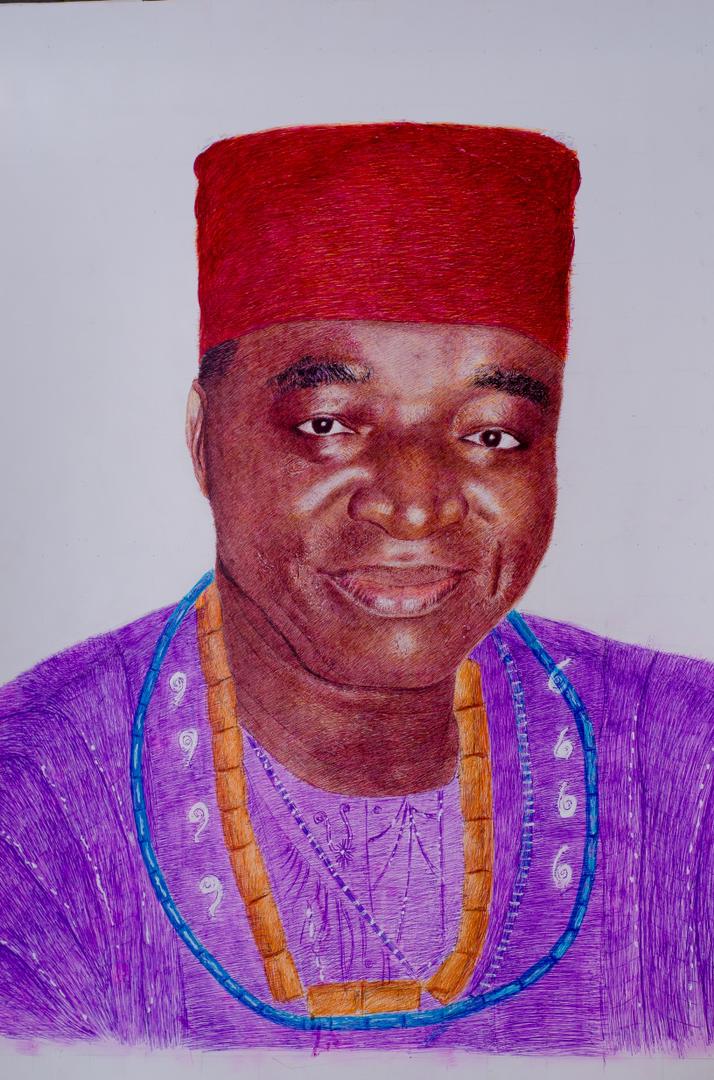
GIPHY App Key not set. Please check settings